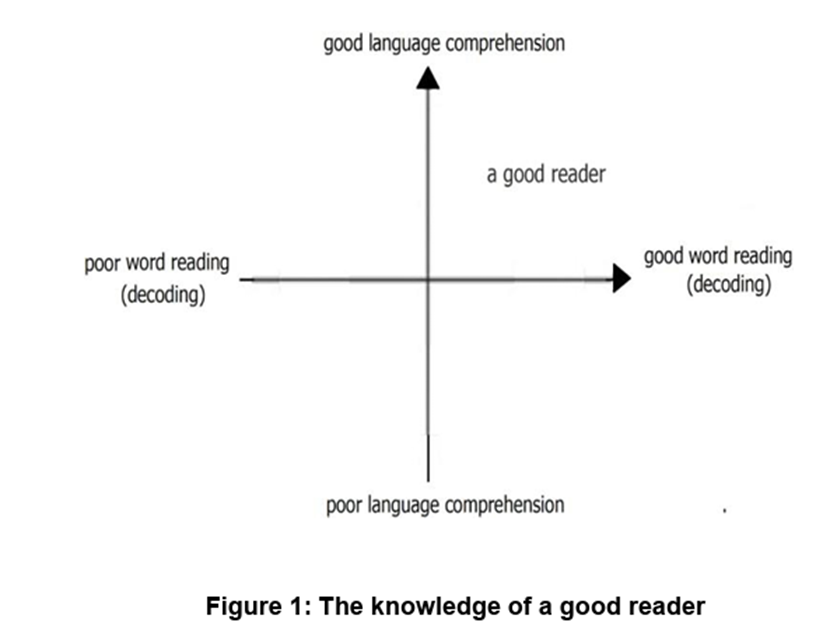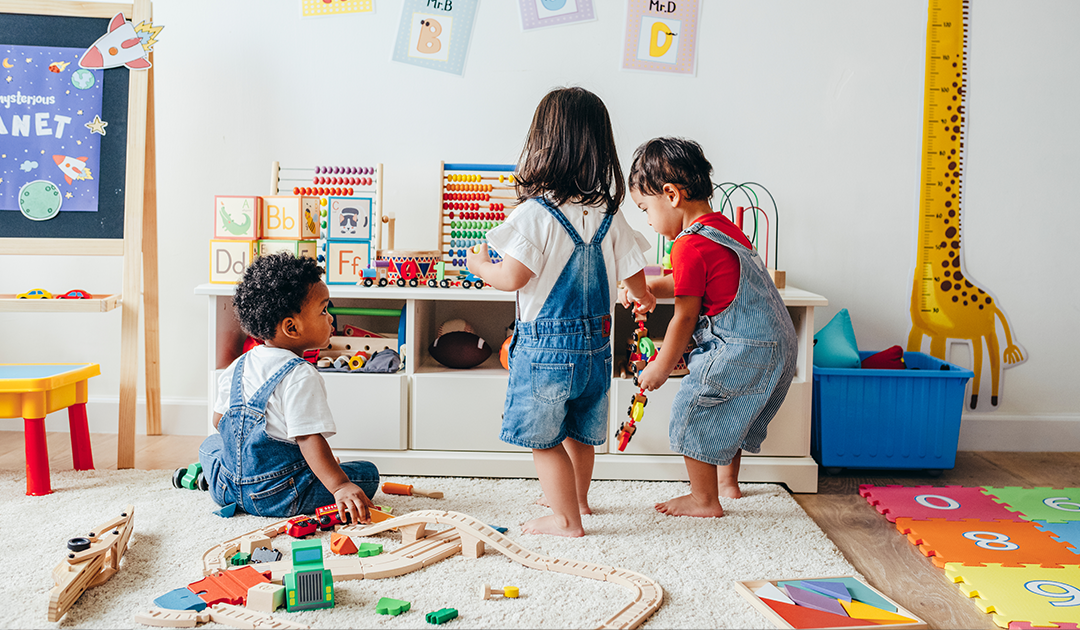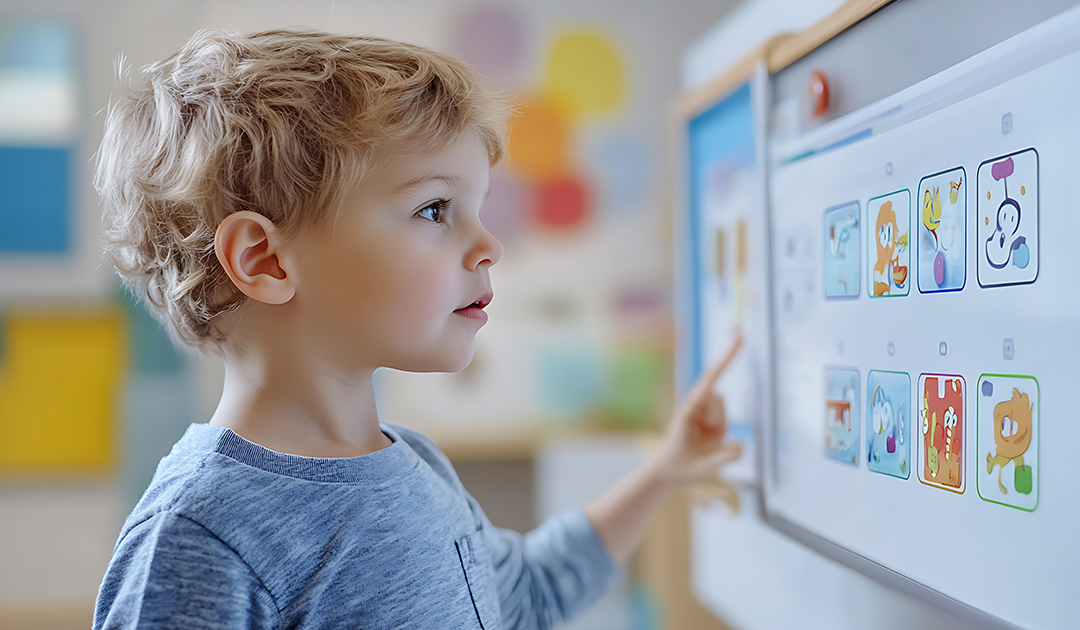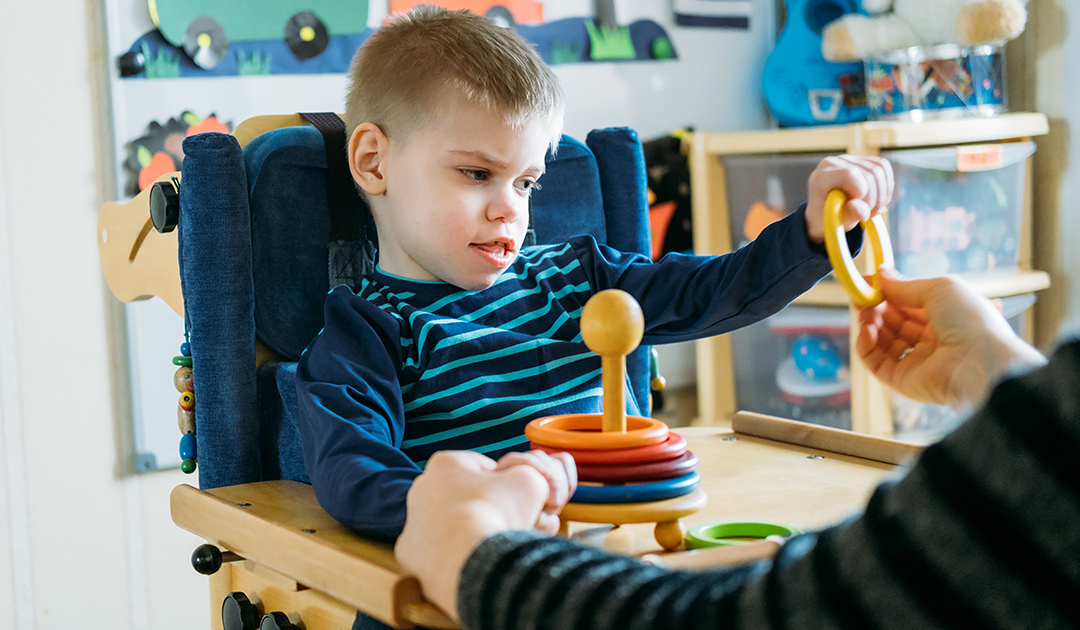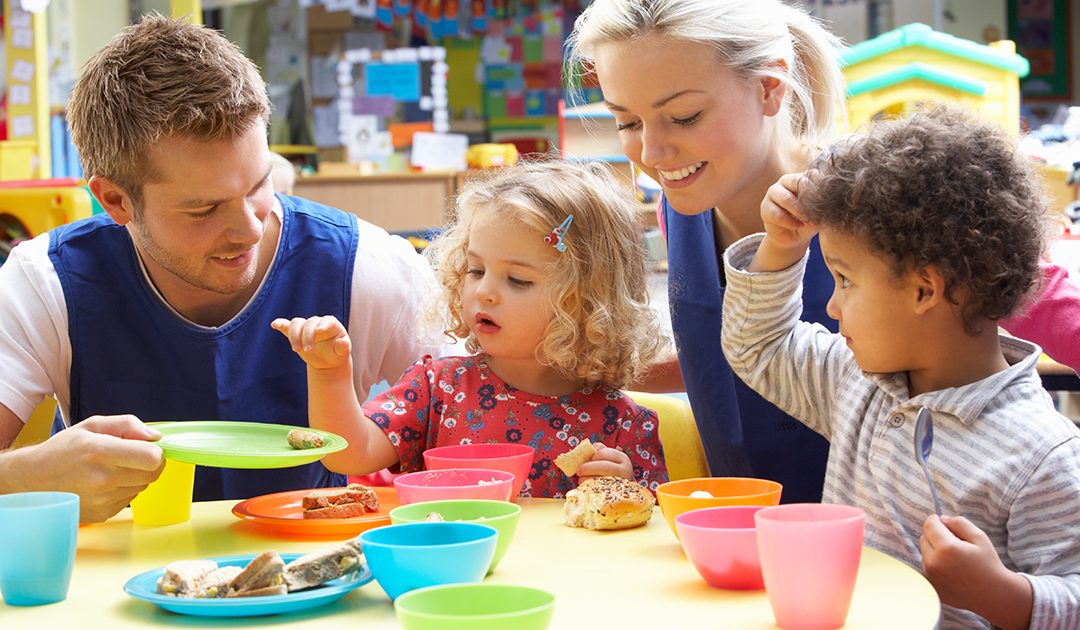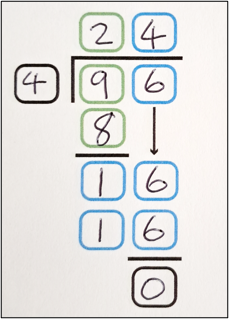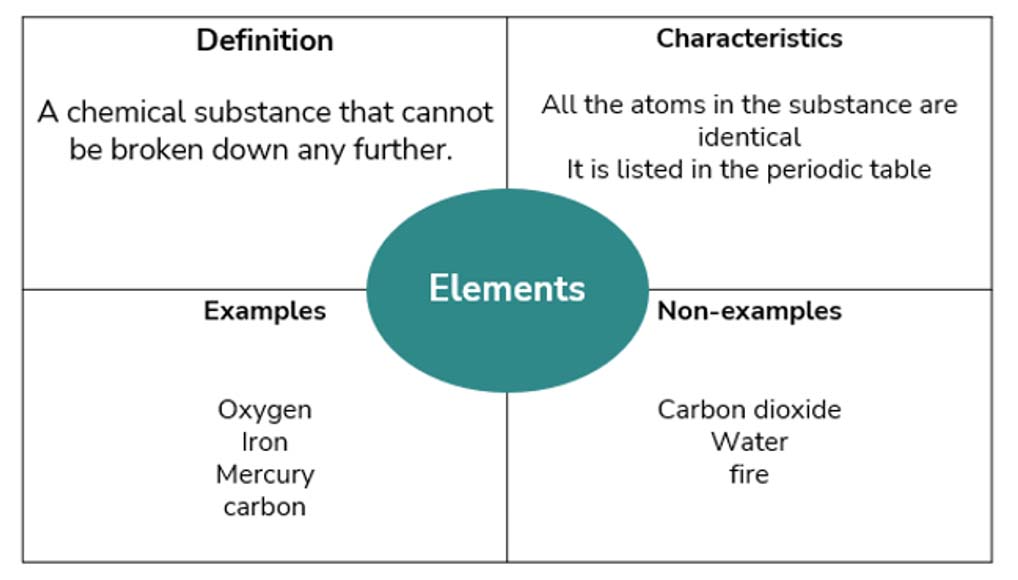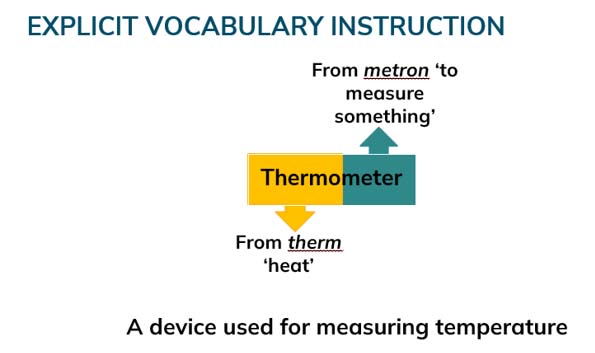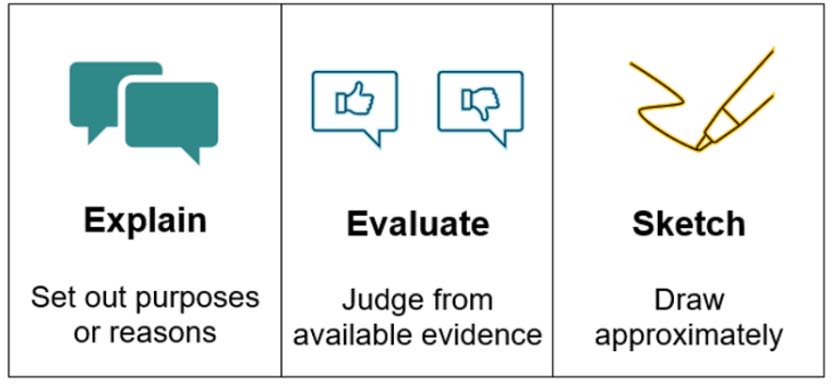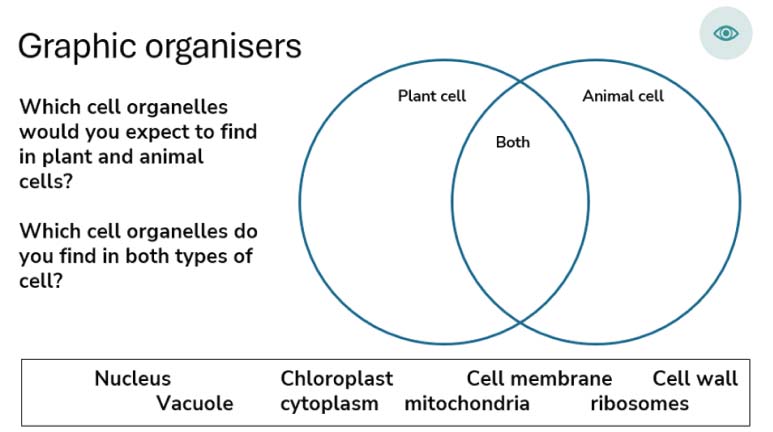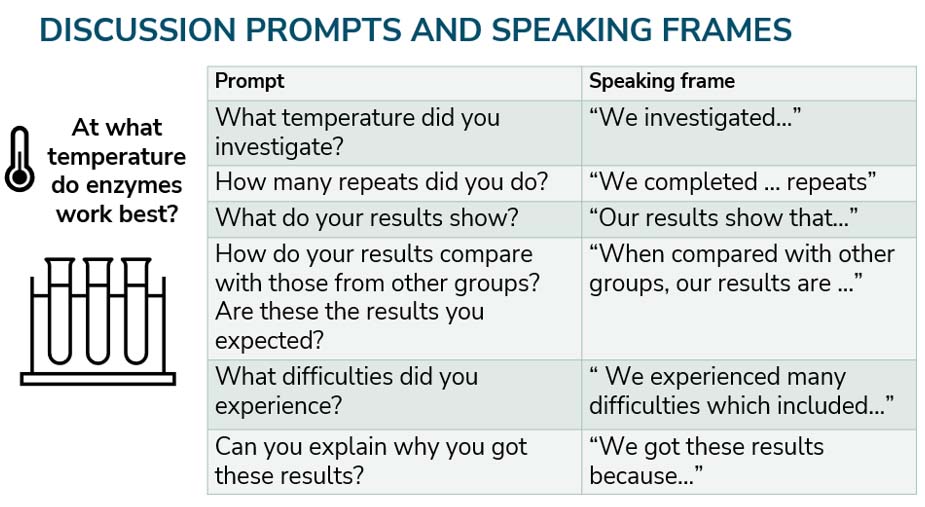Why do children often find written division challenging and how can we best help them to overcome this?
In this blog my aim is to explore some of misconceptions within division that are evident to me, as pupils move towards formal written division in KS2.
Introduction
After the initial work on place value and mental strategies has taken place, children in Key Stage Two often move onto formal methods for calculation, including division.
This learning involves key concepts which are inextricably linked through the idea of ‘Multiplicative Fluency’, and I would like to share some insights from witnessing children carrying out calculations, the accompanying misconceptions linked to progression and the underlying links to both subject knowledge and my own associated research. In considering this process, I was led to the Julius Caeser quote as the title of this blog where the ’conquer’ reference relates to addressing those misconceptions.
The Mastery Readiness Programme
For several years, at HFL Education, myself and my colleagues, Nicola Adams, Laura Dell and Nicola Randall, have been Mastery Readiness Leads, supporting schools across Hertfordshire through the national Mastery Readiness Programme in association with the NCETM Maths Hubs.
An integral part of the programme is to plan and deliver a series of workshops for Mastery Readiness Lead Teachers linked to the ‘Catalysts of Change’ that need to be considered before continuing the route through the overall Mastery Programme towards teaching for Mastery success:
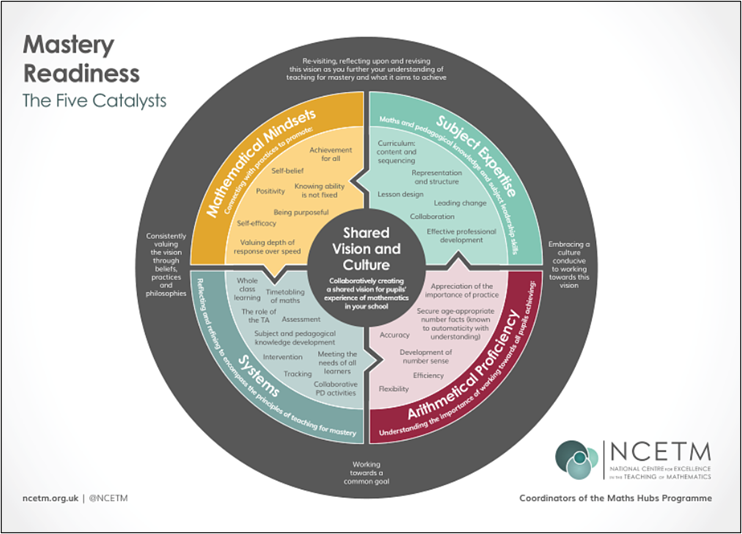
One of the ‘Five Catalysts’ is Arithmetic Proficiency. Under this banner in the above graphic, you can see the key areas of development are focused on number facts linked to automaticity, number sense, accuracy, efficiency, flexibility and the importance of practice. To that end, it should be recognised that these aspects are all linked to mathematical fluency and as a result of considering this rationale a workshop that focused on multiplication and division was subsequently delivered to Mastery Readiness delegates from ten schools entitled ‘Multiplicative Fluency’.
Misconceptions within Multiplicative Fluency
In my extensive experience of observing primary school children in action closely and conducting a wide variety of Pupil Voice interviews, including carrying out the Lesson Study process that focuses predominantly on the children and not the teacher, I have found that the children do not automatically make specific links between division and multiplication. Often, when asking groups of children (including those who were deemed to be working at age-related expectations) what helps them to be able to carry out long (expanded) and short division effectively, few of them make any links to times tables or multiples and factors. I realise that this appears to be unfathomable, and I think that it is because division and multiplication are often taught separately, and so some children have not yet made the connections between multiplication and division, because they see them as being separate entities. The links needs to be represented effectively throughout children’s maths learning to allow networks of connections to be consolidated.
Multiplicative fluency relies on an understanding of multiplication as repeated addition. and division as repeated subtraction, supported by the concepts of equal grouping and inverse operations. Children need a deep understanding of sharing and grouping, which is developed throughout EYFS and Key Stage One.
In ESSENTIALMaths V2 multiplication and division are explicitly linked. For example, in Year Two this involves the correlation between arrays and fact families:

In my experience, the above representations can be problematic for some children, as they appear not to recognise the separate groups within the whole, even though they appear to be clearly demarcated by the red oval shaped lines. Again, this may seem to be unfathomable, but I have witnessed this misunderstanding on many occasions. I believe that this is because insufficient time is utilised in allowing children to explore the conceptual ideas through the manipulation of concrete materials i.e. the use of counters, before moving to pictorial depictions. I have found that one particular activity has the potential to address this situation.
It involves placing counters as an array on a sheet of A4 paper and asking children the following range of questions:
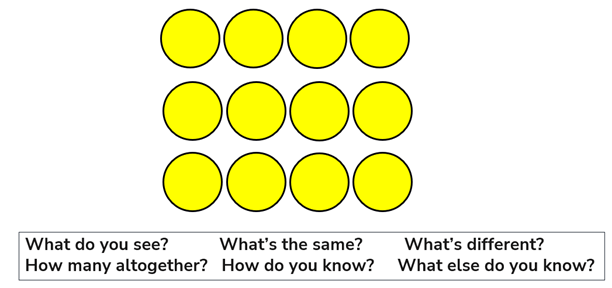
The children can then manipulate the counters if they need to and articulate and/or generate a range of statements that could include calculations.
The next step is key in facilitating opportunities for children to make specific links to multiplication and division including inverse operations:
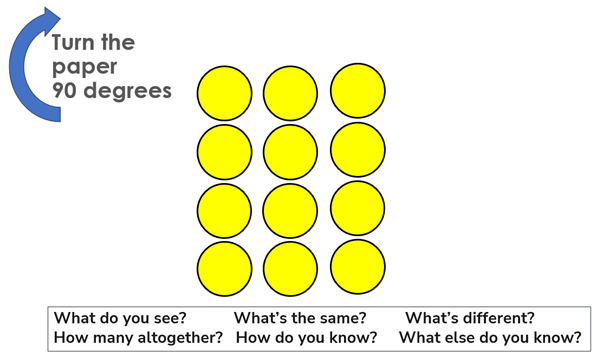
Carrying out this process allows specific formative assessment to take place where children's understanding and any associated misconceptions or errors can be realised. I have witnessed such comments as ‘I can see groups of two’, ‘I can see four’, ‘There are two lots of six’.I believe that this eradicates any preconceived ideas of what a teacher might expect children to see, when in reality the outcomes might not meet the intended expectations. Children can then, of course, be directed towards understanding equal groups linked to multiplication and division. I have found that this process may require further ‘scaffolding’ to allow children to gain in-depth understanding and involves a representation, that I have adapted further, that was initially shared with me by Rachel Rayner, a former colleague and now headteacher.
It is also relevant to children moving towards using formal calculations, including remainders linked to fractions and decimals, and how this correlation, and the associated conceptual understanding, can be embedded to allow children to become fluent in their calculations. Through the utilisation of the Concrete – Pictorial – Abstract (CPA) rationale, an effective pedagogical approach could look like this:
Begin with a focus on the correct mathematical language.
(Please notice that the calculations are already complete - it is the mathematical process that is the focus.)
In this calculation, we want children to notice that we are taking equal groups of four.
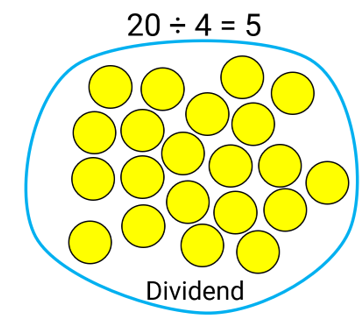
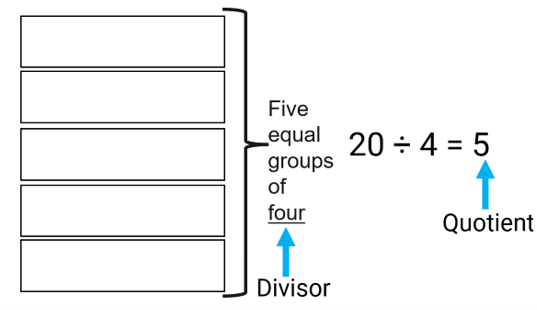
Children place the counters in equal groups (of four, in this case) within the rectangles, which are being used as a scaffold.
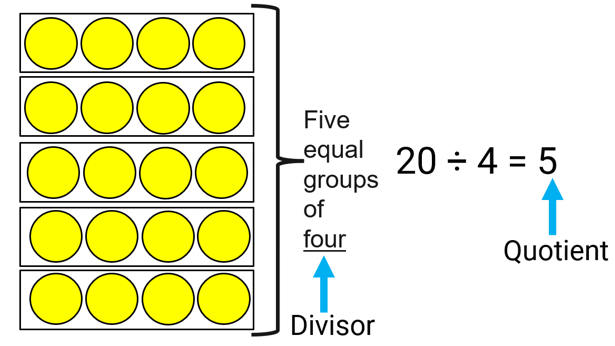
Children can now see that you can make 5 equal groups of four counters. In this case there is nothing ‘left over’.
I have been utilising this for several years now as it provides a clear ‘picture’ of the process and involves representation of the calculation using the CPA approach. Linking the Concrete (the counters) to the dividend and then to the Pictorial in the associated scaffolded array, and to the Abstract (the written amounts) clearly shows the layout at the beginning of the process - I see it as being imperative that children also begin with the physical counters to manipulate, and that they write the associated calculation.
Potential misconception to be conquered: that we can only divide by sharing out one at a time.
We want the children to recognise that they can share the counters by grouping them equally into the rectangles rather than always deferring to a sharing (placing one at a time) method. If they can only carry out this process through sharing, the introduction of formal written calculation for division may need to be delayed, to avoid further misconceptions developing.
At this point it may be tempting to move the process forward into written division, but pupils may need time for further exploration first, to develop understanding and make connections. Key questions could include:
What else can you see?
What other calculations could you carry out?
How could this be represented as multiplication?
Can you manipulate the counters to show a different division calculation?
Potential misconception to be conquered: that multiplication and division are separate operations
We want children to recognise that division and multiplication are inextricably linked, part of the same bigger concept, rather than unconnected operations.
The next step introduces the idea of quotients:
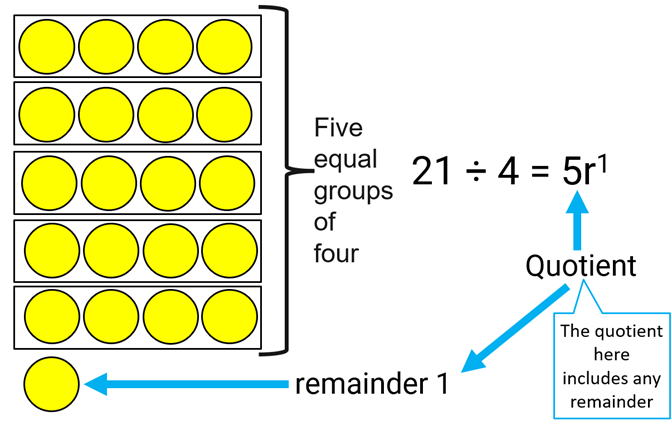
This step is crucial where the link is explicitly made to remainders and what they ‘look like’. If we add one to the dividend of 20 to make 21 and still divide it by 4 then there will be one remaining or ‘left over’. The positioning of the counter is also crucial.
Potential misconception to be conquered: that the remainder is not really part of the quotient (or answer) and so doesn’t have a value of its own.
We want children to understand the value of any remainder rather than misinterpret its meaning.
This process can then be continued:
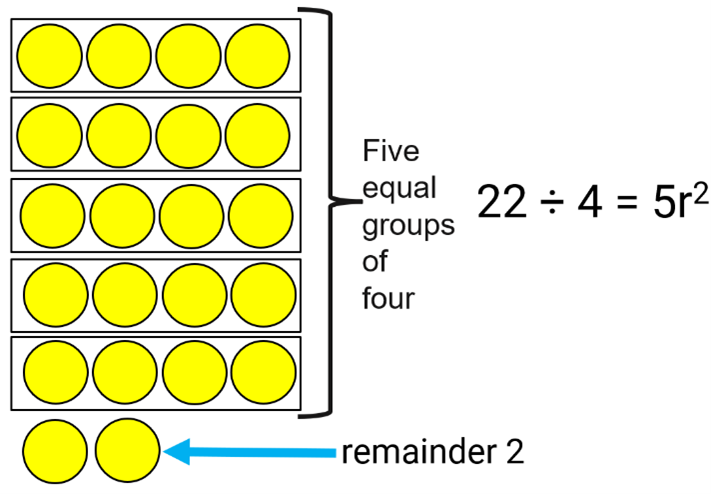
Before the main key misconception can be conquered:
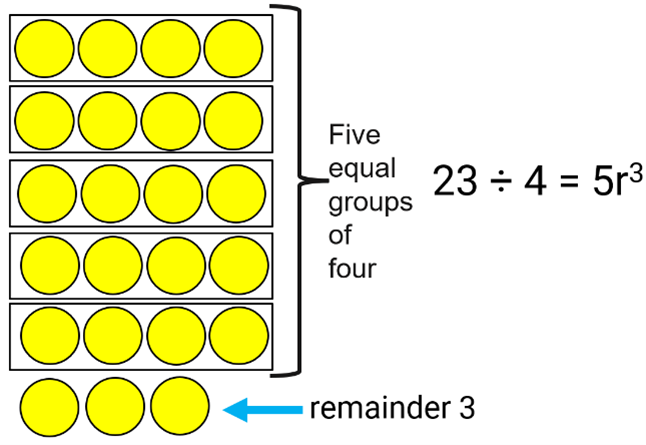
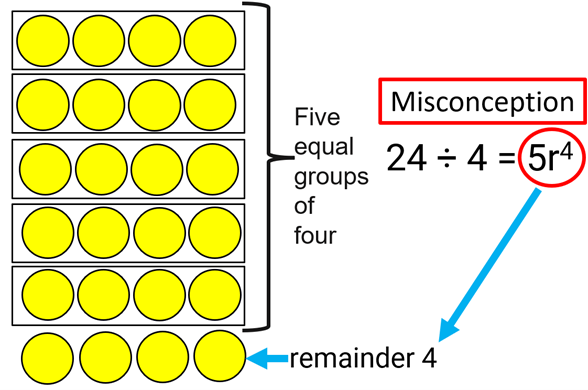
If one more is added to the dividend to make 24, we want pupils to see that this creates another equal group as another multiple of four that can be added to the existing groups.
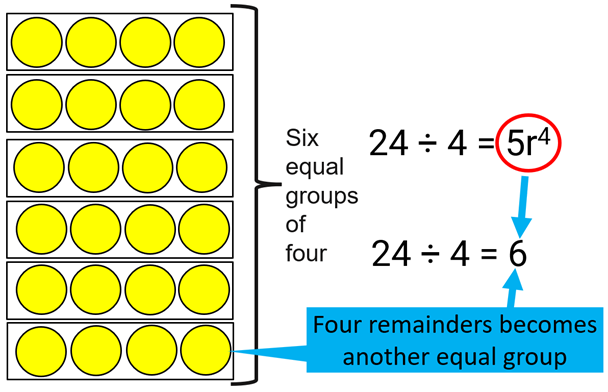
So here we can see that 5 remainder 4 equates to a quotient of 6. This scaffolding could be ‘faded’ and the children explain and show their understanding using the ‘Pictorial’ by drawing the rectangles and representing the counters, which could be circles or dots or anything else that represents the concept before moving completely to the ‘Abstract’ (written symbols).
The key understanding here is that if the dividend is increased by less than the amount of the divisor, then there will be a remainder which is included in the quotient. For me, this does not get explored in sufficient depth; too often, remainders and quotients are taught purely in the abstract and children are not able to make generalisations and recognise situations where this occurs. This, alongside the lack of correlation between multiplication and division, including repeated addition, repeated subtraction and multiples and factors does not ensure that the children have the necessary skills required to be able to calculate effectively.
In referring to Mastery Readiness Catalysts of Change, and the section entitled ‘Arithmetical Proficiency’, further recognition of different situations when performing calculations can be realised once deep understanding of the language of division and ‘what that actually looks like in practice’ has been understood. Flexibility and efficiency, linked directly to ‘securing number facts’ and ‘automaticity’ can be enhanced through effectiveness in Multiplicative Fluency.
If, for example, the calculation 96 ÷ 4 = is attempted by children, it is my experience that this will, more often than not, be attempted to be solved through the utilisation of a short formal division method:

As part of learning this process, I would always ask to children to articulate their understanding:


